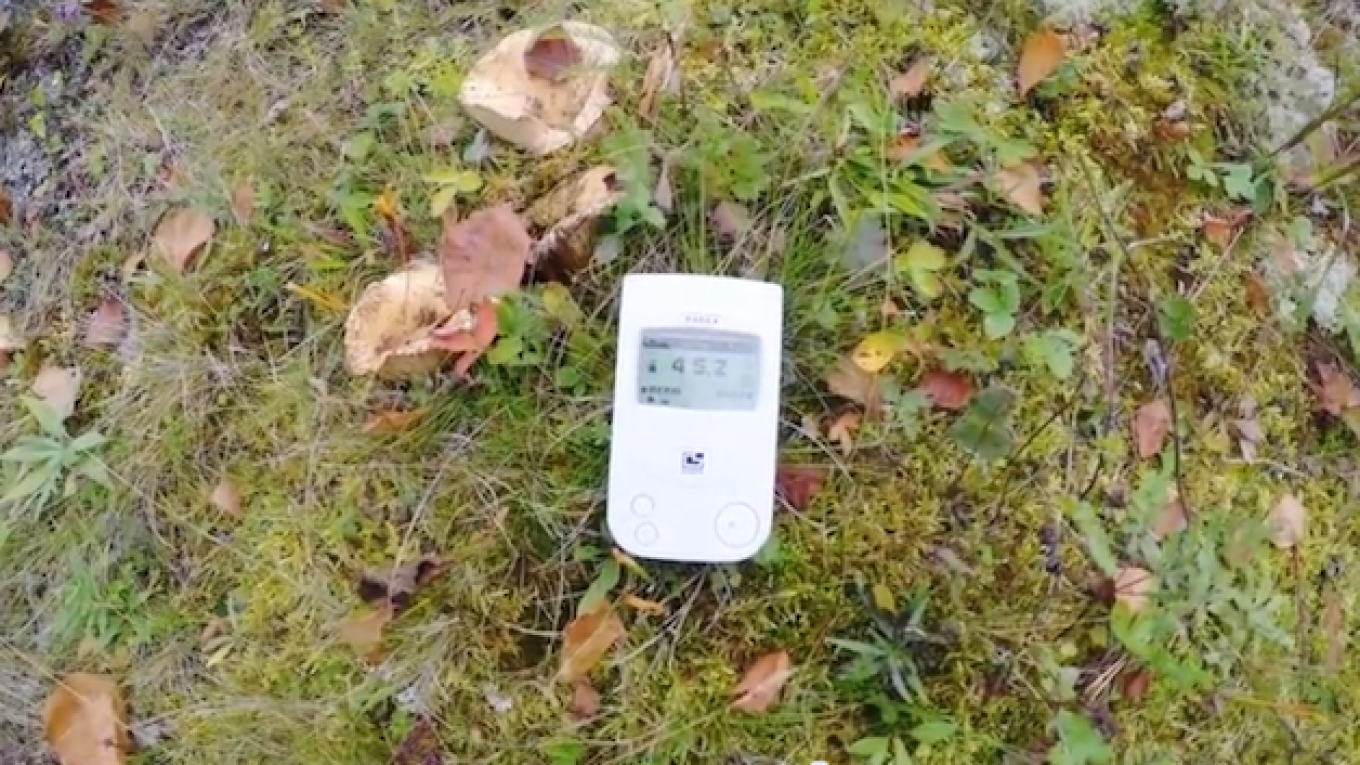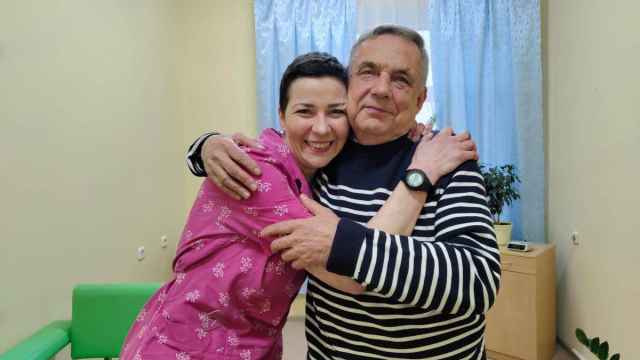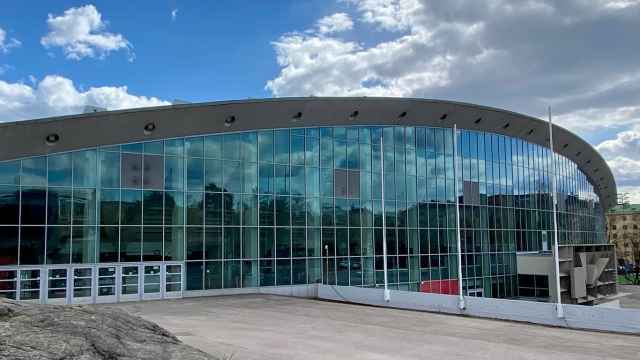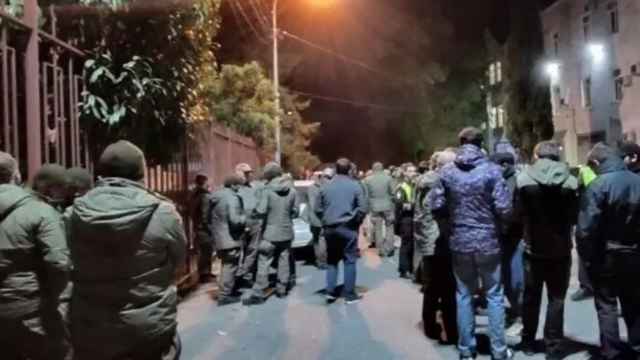Patches of the picturesque islands on Lake Ladoga in northwestern Russia emit radiation at hundreds of times above the normal levels, military-news portal Voyennoye reported Tuesday, citing measurements by its journalists, taken more than half a century after a Soviet weapons-testing program there ended.
Ladoga is the largest body of freshwater in Europe and a popular tourist destination, however during 1950-53, sections of the lake served as sites for testing “military radioactive substances.”
The military made some attempts to clean up the aftermath in the late 1980s and the early 1990s, according to Russian media reports, but concerns about lingering contamination have persisted.
Researchers from a company run by Rosatom — a state-owned corporation in charge of Russia's nuclear industry — have recently tested soil samples from the former testing grounds on Lake Ladoga, and rated the soil as radiologically contaminated, Voyennoye reported Tuesday.
Another study, conducted by Rosatom in 2001-2003, found 25 “radioactive contamination” sites, covering a combined 30,000 square meters, on seven of Lake Ladoga's islands, according to the report, quoted by the Fontanka.ru news agency in St. Petersburg.
Voyennoye reported that when its journalists took their own measurements on Ladoga's Western Archipelago, the former testing grounds about 10 kilometers off mainland shores of Russia's Karelia republic, they found levels of radiation which exceeded the general background levels by tens or even hundreds of times, depending on the location.
Further away from the former testing grounds, background radiation levels hovered at around 0.22 microsieverts per hour, but counts climbed by tens of microsieverts per hour closer to the sites, the report said.
A patch of ground on one of the archipelago's islands, Kugrisaari, emitted radiation at up to 400 microsieverts per hour, the report continued.
Vladimir Chuprov, an energy activist with Greenpeace, said that the maximum “safe” exposure is normally set at no more than 0.3 microsieverts per hour, meaning that Kugrisaari measurements exceeded that level by more than 1,300 times, Voyennoye reported.
A person staying for roughly three hours at that patch of Kugrisaari ground would be at risk of exceeding the maximum acceptable yearly dose of radiation exposure, Chuprov was quoted as saying.
Authorities in Karelia, the military and the Russian Emergency Situations Ministry dismissed any concerns about radiation levels on the islands, Fontanka.ru reported.
Officials cited the conclusions of an environmental expedition about three years ago, which took measurements on the islands and found them safe, Fontanka reported. But the report said the expedition only took measurements along the island's shorelines — without venturing deeper, where, according to Voyennoye, radiation levels spiked much higher.
Residents of St. Petersburg and Karelia, and other visitors to the region, often hire boats in the summer in order to visit the islands and enjoy their secluded scenery.
Contact the author at newsreporter@imedia.ru
A Message from The Moscow Times:
Dear readers,
We are facing unprecedented challenges. Russia's Prosecutor General's Office has designated The Moscow Times as an "undesirable" organization, criminalizing our work and putting our staff at risk of prosecution. This follows our earlier unjust labeling as a "foreign agent."
These actions are direct attempts to silence independent journalism in Russia. The authorities claim our work "discredits the decisions of the Russian leadership." We see things differently: we strive to provide accurate, unbiased reporting on Russia.
We, the journalists of The Moscow Times, refuse to be silenced. But to continue our work, we need your help.
Your support, no matter how small, makes a world of difference. If you can, please support us monthly starting from just $2. It's quick to set up, and every contribution makes a significant impact.
By supporting The Moscow Times, you're defending open, independent journalism in the face of repression. Thank you for standing with us.
Remind me later.






